Every form of addiction is bad, no matter whether the narcotic be alcohol, morphine or idealism
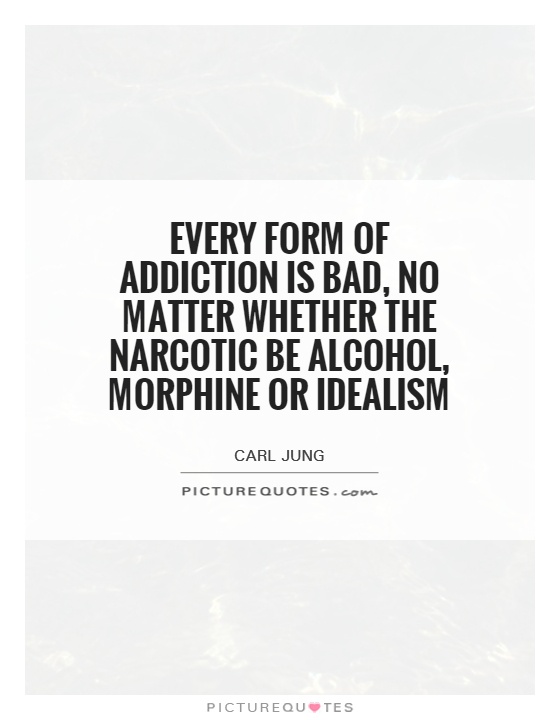
Every form of addiction is bad, no matter whether the narcotic be alcohol, morphine or idealism
Carl Jung, the renowned Swiss psychiatrist and psychoanalyst, believed that every form of addiction is detrimental to the individual, regardless of the substance or behavior involved. In his view, addiction is a manifestation of an underlying psychological imbalance or unresolved issue that needs to be addressed in order for the individual to achieve true healing and wholeness.Jung's perspective on addiction was deeply rooted in his understanding of the human psyche and the concept of the "shadow self." According to Jung, the shadow self represents the unconscious aspects of our personality that we repress or deny, often leading to inner conflict and emotional distress. Addiction, whether it be to alcohol, drugs, or even idealistic beliefs, is seen as a way for individuals to escape from facing their shadow self and the uncomfortable truths it may reveal.
For Jung, addiction is not simply a physical dependence on a substance or behavior, but a symptom of a deeper psychological issue that needs to be explored and resolved. He believed that true healing and transformation could only occur when individuals confront and integrate their shadow self, rather than seeking temporary relief through addictive behaviors.
In the case of alcohol or drug addiction, Jung would likely view these substances as a means of self-medication to numb emotional pain or suppress unresolved trauma. By using alcohol or drugs as a coping mechanism, individuals are avoiding the underlying issues that are causing their distress, ultimately perpetuating a cycle of addiction and suffering.
Similarly, Jung would caution against becoming addicted to idealism or any belief system that serves as a form of escapism or denial of reality. While having ideals and beliefs can be positive and motivating, becoming overly attached to them to the point of obsession or fanaticism can be just as harmful as any substance addiction.
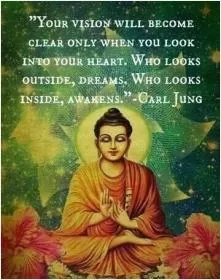
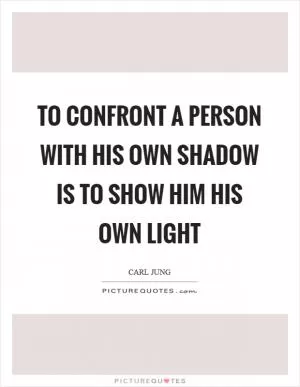
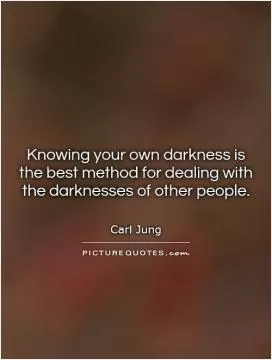
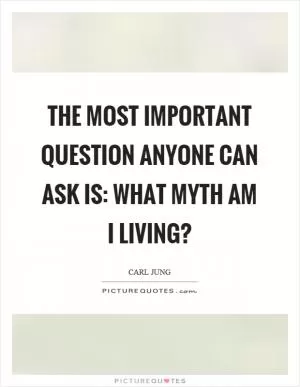
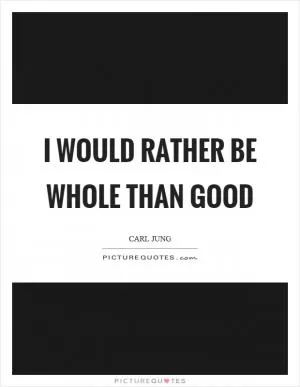
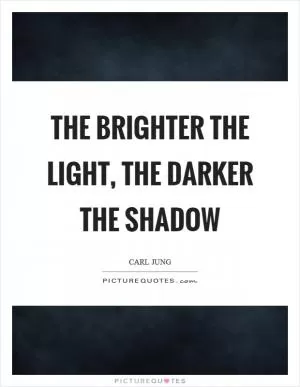
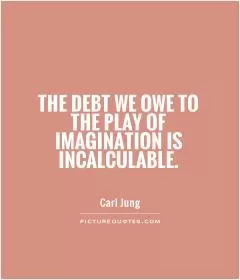
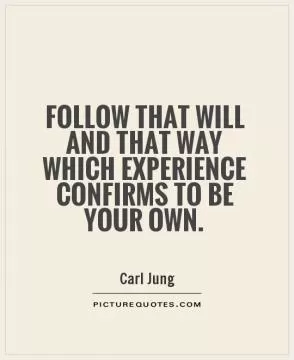
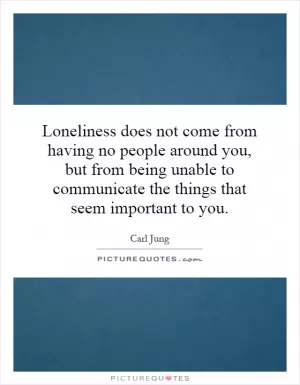
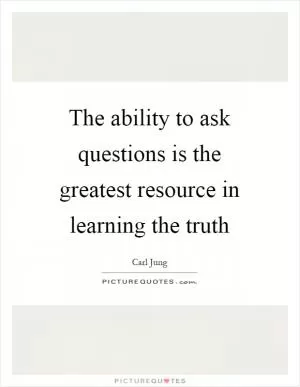
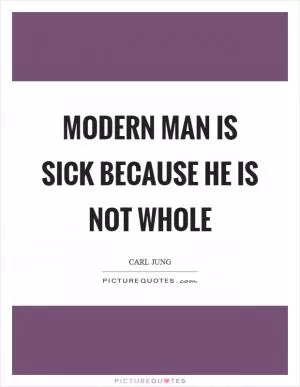
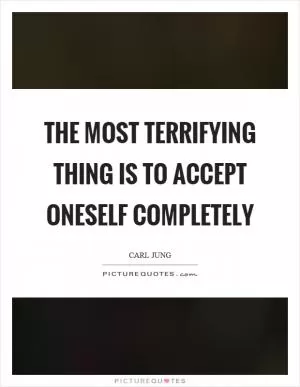
 Friendship Quotes
Friendship Quotes Love Quotes
Love Quotes Life Quotes
Life Quotes Funny Quotes
Funny Quotes Motivational Quotes
Motivational Quotes Inspirational Quotes
Inspirational Quotes